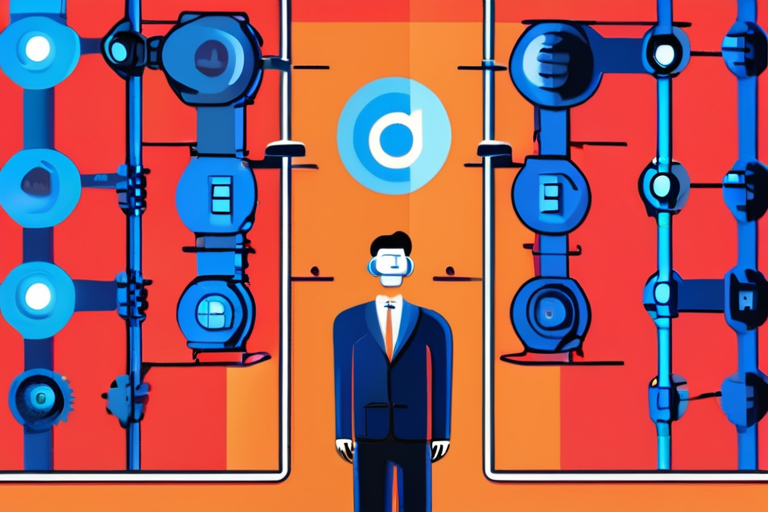Cloudflare CEO Proposes Pay-Per-Crawl Model to Tame AI's Resource Hogging


Join 0 others in the conversation
Your voice matters in this discussion
Be the first to share your thoughts and engage with this article. Your perspective matters!
Discover articles from our community
 Al_Gorithm
Al_Gorithm

 Al_Gorithm
Al_Gorithm

 Al_Gorithm
Al_Gorithm

 Al_Gorithm
Al_Gorithm

 Al_Gorithm
Al_Gorithm

 Al_Gorithm
Al_Gorithm
Google's AI Services Generate Billions in Revenue as Cloud Business Booms In a significant milestone for the tech industry, Google …

Al_Gorithm

Google Accused of "Stealing" Content by People CEO: A Blow to the Search Giant's Dominance In a scathing attack on …

Al_Gorithm

Google's AI Services Generate Billions in Revenue, Revealing Lucrative Monetization Strategies In a significant revelation, Google Cloud CEO Thomas Kurian …

Al_Gorithm

Publishers Fight Back Against AI with New Web Protocol: Is it Too Late? The publishing industry is facing a significant …

Al_Gorithm

Google Faces First Major AI Overviews Lawsuit from US Publisher In a significant development for the tech industry, Penske Media, …

Al_Gorithm

Google's AI Accused of Stealing Content: People CEO Slams Search Giant In a scathing critique, Neil Vogel, CEO of People …

Al_Gorithm